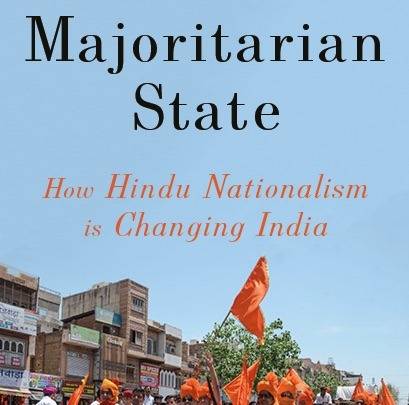This month marks three years since the bloody civil war in Syria broke out. As the violence rages on, European policy-makers have been increasingly concerned about the potential impact on home soil.
This week, the director of the European crime intelligence agency, Rob Wainright, told the Telegraph that travelling to Syria to fight for Al-Qaeda is “in vogue” with young British Muslims. A nameless former Al-Qaeda member told the BBC’s Today programme that the British government should explain to Muslims why they are not intervening in Syria, if they don’t want more and more to travel to Syria and become “radicalised”. Last week, four people were arrested on Syria-related terrorism charges, including the prominent former Guantanamo detainee Moazzam Begg.
Experts say there are now more than 5000 foreign fighters in Syria. Most of these come from neighbouring countries such as Iraq and Lebanon, but intelligence figures show that between 1100 and 1700 Europeans are among the ranks of foreign fighters. The largest contingents are from France (200-400), the UK (200-300), and Germany (200), with significant numbers also travelling from Spain, Denmark, and Belgium. In the scale of the conflict – which has displaced more than 6 million people and killed more than 100,000 – less than 2000 Europeans on the battlefield is a small figure. But it still represents a significant shift from previous conflicts. One study shows that the number of European fighters in Syria is greater than the total number of foreign fighters from western countries to all “Muslim” conflicts between 1990 and 2010.
The concern, of course, is that these men will return to Europe with battlefield experience and links to extremist organisations, and will go on to carry out attacks at home. Accordingly, the British government has been engaged in a clampdown: senior police officers have said that Britons returning to the UK from Syria will be stopped at the border and arrested. They have made good on this threat – in January, 16 people were arrested on suspicion of terror offences, compared with 24 in the whole of 2013. There has also been talk of stripping returnees from Syria of their British citizenship – even if that would render them stateless. Simultaneously, there is an on-going “softer” programme of educating people about the risks of travelling to Syria, and acting to prevent online recruitment. The Home Office says that tens of thousands of pages of illegal terrorist material have been removed from the internet.
How justified is the concern that anyone fighting in Syria will go on to commit an act of terrorism at home? A study of returnees to Europe from Islamic conflicts from 1999-2010 found that fewer than one in nine went on to carry out attacks in the west. However, the rates varied so much between different conflicts that it is difficult to use this to predict what those returning from Syria will do. The main reason for this variation was the presence of organisations in the war-zone that want to systematically attack the west. At the moment, this doesn't exist in Syria – the most radical organisations are focused on the region. But, the thinking goes, if one of the groups does decide to turn its attention to Europe or America, it would have many candidates to use as operatives.
Despite this potential risk, experts warn against excessively punitive measures. “Governments have to calibrate their response properly so that they don’t overreact and radicalise people by punishing them too hard for intentions that they don’t have,” Thomas Hegghammer, a political scientist tracking the number of foreign fighters in Syria, told me earlier this year. He advocates preventative measures, such as helping Lebanon and Turkey to police their borders, as well as a sense of proportion: active recruiters for radical groups and people for whom there is evidence of criminal acts in Syria should face harsher penalties than those who have simply fought.
This reaches the crux of the issue: it is one thing to charge someone who has ties with a terrorist organization or who has committed crimes abroad. But indiscriminately arresting anyone returning from Syria ignores the fact that there are still people who have been there without any connection to radical groups. Many of those who have travelled to Syria to fight have no interest in returning home at all, and no interest in attacking the west. Working to prevent people from travelling to Syria in the first place is a sensible policy, as is an awareness of the potential risk. But it is also important not to lose sight of the fact that 300 is a small number from the UK’s population of 63 million, not a cause for moral panic.

